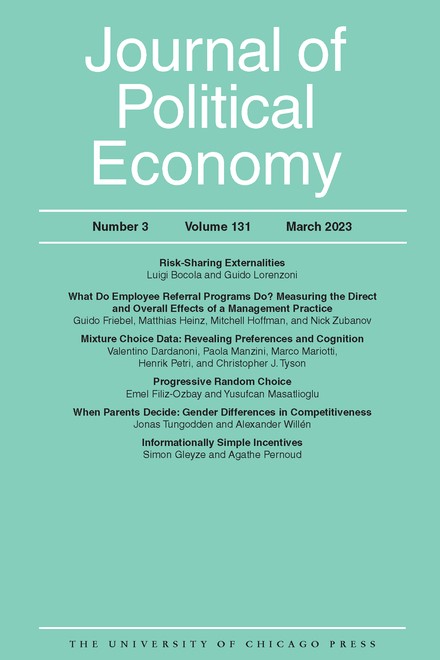Guido Friebel, Matthias Heinz, Mitchell Hoffman, Nick Zubanov, 2023, Journal of Political Economy, 131 (3)
Abstract:
Employee referral programs (ERPs) are randomly introduced in a grocery chain. On direct effects, larger referral bonuses increase referral quantity but decrease quality, though the increase in referrals from ERPs is modest. However, the overall effect of having an ERP is substantial, reducing attrition by 15% and significantly decreasing labor costs. This occurs, partly, because referrals stay longer than nonreferrals, but, mainly, from indirect effects: nonreferrals stay longer in treated than in control stores. The most supported mechanism for these indirect effects is workers value being involved in hiring. Attrition impacts are larger in higher performing stores and better local labor markets.
Employee referral programs (ERPs) are randomly introduced in a grocery chain. On direct effects, larger referral bonuses increase referral quantity but decrease quality, though the increase in referrals from ERPs is modest. However, the overall effect of having an ERP is substantial, reducing attrition by 15% and significantly decreasing labor costs. This occurs, partly, because referrals stay longer than nonreferrals, but, mainly, from indirect effects: nonreferrals stay longer in treated than in control stores. The most supported mechanism for these indirect effects is workers value being involved in hiring. Attrition impacts are larger in higher performing stores and better local labor markets.


